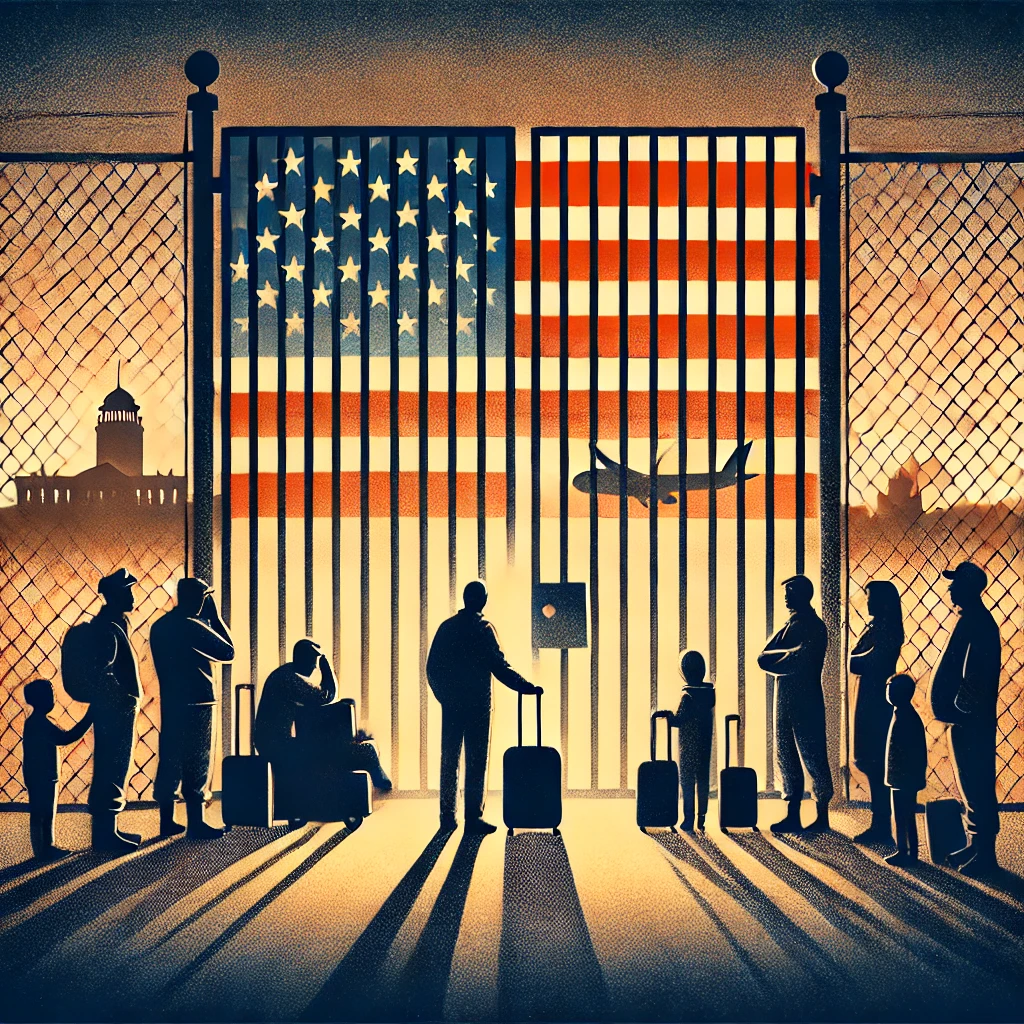State Department Halts Refugee Travel to the United States
In a significant development, the U.S. State Department has announced the suspension of all refugee travel to the United States. This decision, which has both humanitarian and political implications, comes amid a complex landscape of global migration challenges and domestic considerations.
Understanding the Decision
The announcement by the State Department reflects heightened concerns over various security and logistical hurdles. While the immediate justification for this suspension has yet to be comprehensively detailed, several underlying factors seem to be at play:
- Security Concerns: Ensuring the security of U.S. borders remains a top priority. The recent global tensions and geopolitical unrest have led authorities to reassess the vetting process and infrastructure concerning refugee entries.
- Logistical Challenges: Managing the entry and settlement of refugees involves complex logistics, spanning from visa processing to resource allocation. The current backlogs and capacity constraints have likely informed the State Department’s decision.
Impacts on Refugee Communities
The halt in refugee travel holds profound consequences for those fleeing persecution and conflict. Refugees who have already been approved for resettlement in the U.S. now face a period of uncertainty:
- Delayed Dreams: Families and individuals who have long awaited safety and stability face delayed progress in their resettlement journey.
- Increased Vulnerability: The interim period of waiting forces many to live in precarious conditions, exacerbating their vulnerabilities.
The Global Context
The freeze on refugee admissions occurs at a time when global displacement is at a historical high. International organizations such as the United Nations High Commissioner for Refugees (UNHCR) routinely highlight the dire needs of those displaced by wars, disasters, and persecution. The U.S.’s decision serves as a reminder of the interconnectedness of both domestic and global human rights commitments.
Legal and Ethical Considerations
The suspension raises numerous legal and ethical questions. The U.S. has long been a destination for those seeking asylum and refuge, and this decision could redefine its role in the global humanitarian landscape:
- International Obligations: As a signatory to critical international agreements, such as the 1951 Refugee Convention, the U.S. commitment to humanitarian protection is subject to scrutiny.
- Balancing Acts: Striking a balance between national security needs and moral obligations remains a challenging endeavor. Critics argue that policies should not overlook humanitarian considerations in favor of geopolitical strategies.
Response from Humanitarian Organizations
In response to the State Department’s decision, various humanitarian organizations have voiced concerns regarding the welfare of refugees:
- Advocacy for Reform: Non-profits and advocacy groups are calling for improved and expedited processes to resume refugee admissions. They emphasize the need for a transparent and efficient system that can accommodate security protocols.
- Support for Refugees in Limbo: Groups on the ground are amplifying their efforts to support affected refugees through legal aid, housing, and essential services.
Steps for Moving Forward
While the current environment poses challenges, actionable steps can be implemented to chart a constructive path forward:
- Enhanced Security Protocols: Developing robust vetting processes that protect national interests while facilitating refugee admissions could resolve some of the impasses.
- International Collaboration: Working closely with international allies and organizations can help share the resettlement burden and formulate cohesive strategies for managing global migration.
- Policy Reevaluation: Regular assessments of refugee policies, informed by credible data and expert opinions, ensure that practices evolve with changing contexts.
Conclusion: A Turning Point in Refugee Policy
The State Department’s decision to halt refugee travel is indicative of the ongoing tensions between national interests and international humanitarian responsibilities. As the implications of this decision unfold, it becomes clear that thoughtful discourse and cooperative action are key to reconciling security with empathy in shaping the future of refugee admissions in the United States.
Stakeholders in government, non-profit, and international sectors must proactively engage in dialogue to drive meaningful change, continuing to embody the nation’s longstanding tradition of offering hope and sanctuary to those in need.










